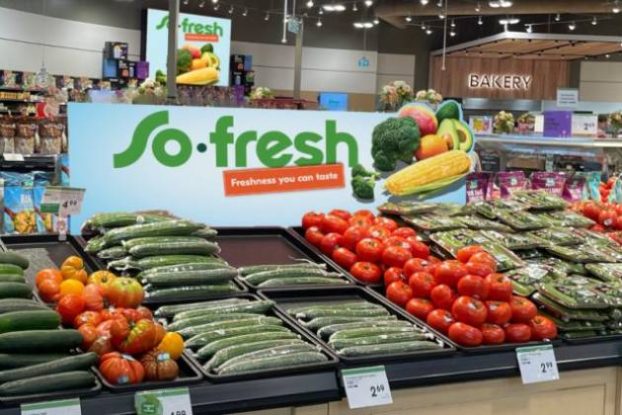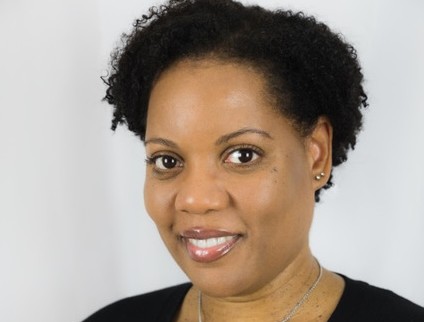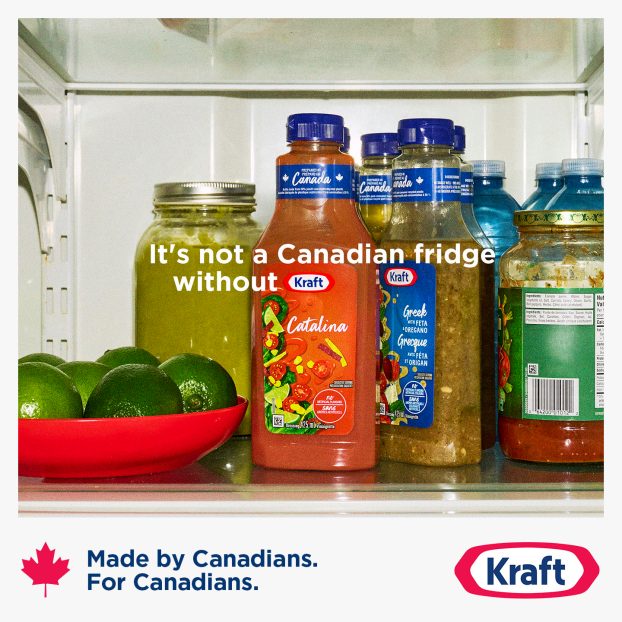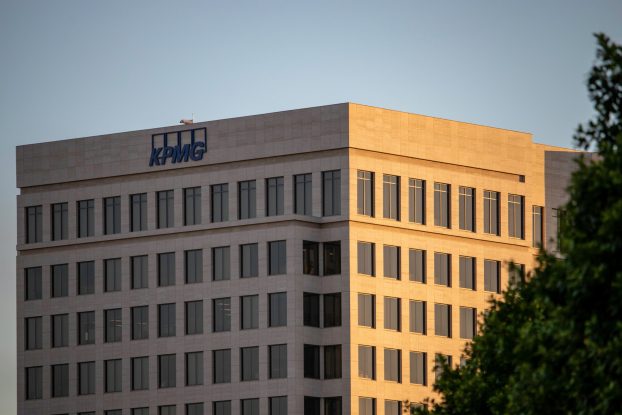For 10 years the Montreal Expos were Canada’s baseball team, chasing respectability at Jarry Park when the demi-gods of winter had packed their skates for another season across town at the Forum.
Then along came an upstart bunch called the Toronto Blue Jays, and as Expos President Claude Brochu concedes, it has been hard for his National League club to penetrate the clamor surrounding the Blue Jays and attract the commercial deals vital to a major league club.
But, Brochu says the Expos do have a marketing plan and are making some headway with sponsors and fans alike.
When a 13-member consortium bought the Expos from Charles Bronfman for $100 million in June 1991, a mission statement for the club was drawn up, says Brochu, who is a member of the consortium as well as club president.
The idea was to field a competitive club, generate a positive cash flow, live within the club’s means by avoiding expensive free agents, develop minor league and homegrown talent, and hold down ticket and concession prices at Olympic Stadium where the Expos moved after the 1976 Olympic Games.
The team has done all those things, says Brochu in an interview from Montreal, recounting its marketing efforts for the last couple of years and discussing what is in store for this season.
He says that at the end of the 1990-91 season – and again this year – the Expos went out and talked to the fans and evaluated what was important to them in a sports franchise both emotionally and technically, meaning such things as food prices, access to the stadium, and so on.
Whole gamut
‘We went through the whole gamut of everything that was stadium-related, which we call the more technical [matters,] from the quality of food, the access to the stadium, safety and all this kind of stuff.’
‘Then we went through the emotional characteristics of what’s important, things like team spirit, aggressive play, talented players, a young team, a good manager, all those kinds of criteria.’
With this information gathered up, the Expos then compared themselves with hockey’s Montreal Canadiens and Quebec Nordiques to see where they ranked against an ideal.
Brochu says that when the team found at the end of 1991 fans preferred a young, spirited, aggressive club the Expos made every effort to shape itself to that image.
The strategy seems to have worked, he says.
When fans began to see the hungry team they wanted on the field, attendance for the 1991-92 season almost doubled to 1.75 million from the previous season’s 950,000.
Brochu says hiring popular, high-profile manager Felipe Alou – who just placed third in Canada’s Baseball Man-of-the-Year vote behind Roberto Alomar of the Blue Jays and the winner, Expos right-fielder Larry Walker from Maple Ridge, b.c. – and a good season did not hurt either.
Finished second
(To the surprise of many, the Expos finished second in the National League East last season.)
Brochu says the much greater attendance brought a significant demographic shift as well, bringing much younger crowds to the ball park.
Last season, he recalls, almost 55% of attendees were under the age of 45. And when the Expos’ tv and radio audience numbers came in, there was a similar demographic movement.
To cater to this younger audience, one example Brochu cites is the use of rock ‘n’ roll tunes during games instead of an organ piping out such chestnuts at Take Me Out to the Ball Game.
And during home stands, some members of the team ran and will run coaching clinics in city parks for youngsters, he says.
This season, Brochu says the Expos’ marketing efforts will be the same as they were last year – but better.
For a start, everything will be promoted on a three-home-game basis with a ‘major activity’ scheduled every day.
So there will be an official Opening Day and there is a plan afoot for a Kids Opening Day.
And last season’s successful ‘ethnic days’ for Acadian or Italian-Canadian fans, for example, will be repeated, as will such standard baseball marketing fare as hometown day or featured city day.
Promotion
Brochu says the team also intends to use five or six Expos for promotion, citing the enormous popularity of manager Alou, who lives in suburban Laval with his Lavalloise wife, right-fielder Walker, and other fan favorites such as Delino Deshields and Alou’s son Moises Alou.
Perhaps surprisingly, the need for a French-Canadian player in a French-Canadian city did not rank as particularly important with fans, Brochu says, suggesting having francophones on the team is a concern of the press rather than those who pay their way in.
However, he does not dismiss the attraction of French-Canadian Expos playing at Olympic Stadium.
He says there are four or five Quebecois playing A or AA ball who are being watched.
Brochu admits the Expos do not have much in the way of giveaways – the hats, balls, sports bags, seat cushions – sponsors give fans on certain days at the ball park.
But he says the club has not raised prices this year either, offering box seats for $15.25 and new bleachers seats right up against the right-field fence at $4 for adults and $2 for children.
Closer
Also this year, he says the playing field will be 55 feet closer to the fans.
So far, Brochu says the Expos have signed tie-ins with Ford of Canada and Hydro Quebec, but given the instability that surrounded the club just before its sale to the ownership consortium and the pr nightmare of Olympic Stadium when massive chunks of the building began to fall off, sponsors are taking a wait-and-see approach to marketing deals with the club.
They may not have to wait much longer to find out the Expos are worth consideration.
Brochu says virtually all the club’s tv commercial spots have been sold, radio spots and promotions sales have more than doubled, and attendance is projected at two million.
So perhaps, he muses, this baseball club can even compete commercially with the mighty Canadiens.























